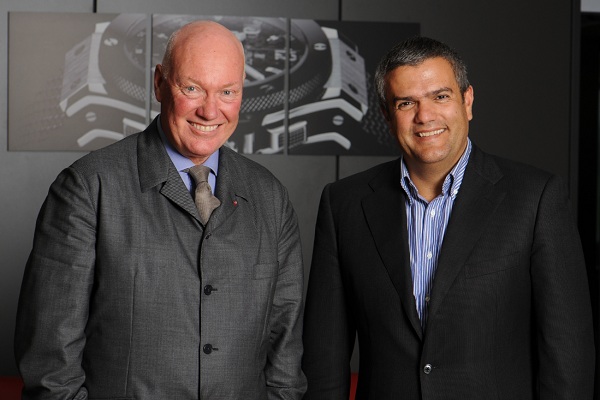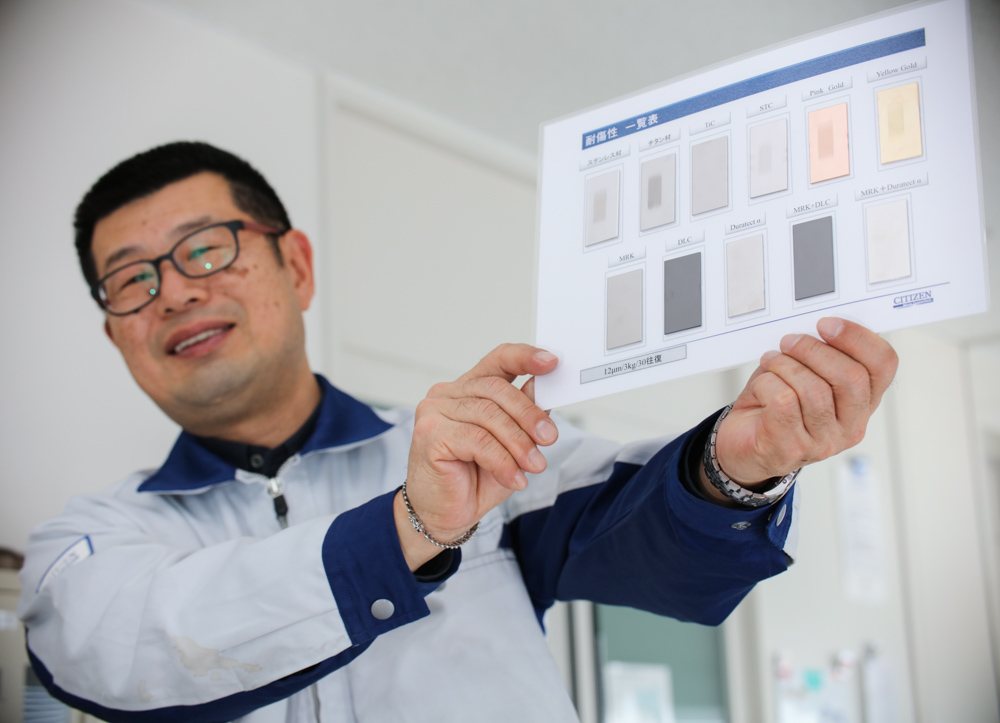
Don’t Be Afraid Of Mistakes, Don’t Deny Facts
I’ve always found it to be avoidably ironic when watch industry executives lie to the public. Why ironic? Because most of the misinformation given is provided to the precise people who are going to look into the details as carefully as possible (i.e., likely to find out anyway), and who at the same time would be much happier to learn the truth – even if it is not flattering to the brand.
It has been said a number of times that much that goes into a luxury watch is smoke and mirrors. It is true that a degree of posturing and showmanship goes into the stories and claims many watch brands routinely make. With that said, in an industry which purports to value education, perhaps too little information is communicated.
Watch brands do not need to fear mistakes or facts as though they are dealing with factors important to world diplomacy or national health. I’m pretty sure the CIA might learn a thing or two about secrecy from the European watch industry. One of the biggest points of frustration (and sometimes amusement) that I experience when dealing with the watch industry is how seriously they take themselves. So much so that they often neglect the truth or merely make up facts. Oftentimes, such claims have little or no outcome on the experience someone will have wearing and owning one of their products. Which at the same time makes it unclear why they are so fearful of making mistakes or disappointing their fans.
Watch brands, like their history and like their employees, are not perfect, nor does anyone expect them to be. Even a perfect watch movement is produced by an imperfect human whose life experience is probably important to the owner – and the more human they are, the better. Watch industry CEOs should be the welcome person at the door, honestly showing unadulterated views right into their worlds in order to show the world how hard they are working.

Mistakes happen, and after people inevitably learn about them, what becomes important is how a company learns and dedicates itself to not making the same mistake in the future. Watch brands are notoriously tight-lipped about ever admitting wrong, especially when it comes to their brand’s own history that has nothing to do with the people who run the brand today.
Easily the most cited complaint watch fans have about their interaction with watch brand communication is trust. Consumers today are having a very tough time trusting watch brands because of ongoing attempts at manipulation which have been happening for years. In fact, I believe it is a testament to the dedication and passion of watch collectors that they have put up with many of the watch industry’s antics. I’m not saying watch collectors have anything to fear from the industry, only that the watch industry likes to treat themselves like the Vatican, when they are hardly pious pontiffs.
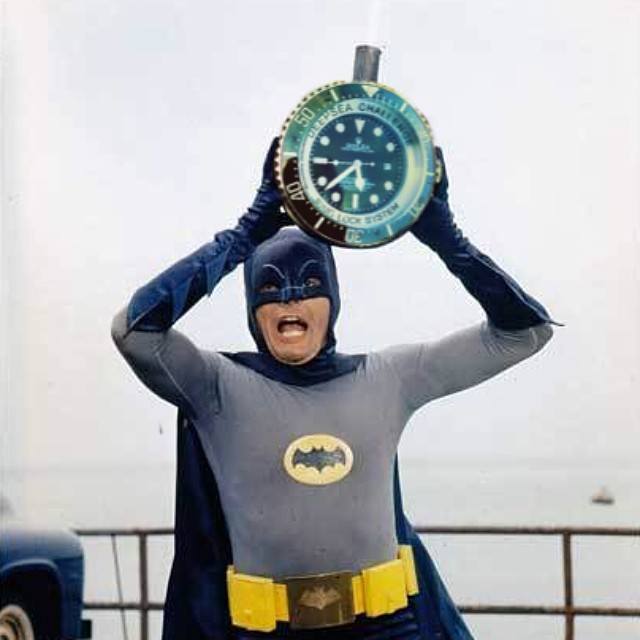
If You Follow Others You Are Already A Poor Leader
Given the conservative nature of the Swiss business landscape which invariably includes the watch industry, it might not be a leap of logic to predict that individuals who try new things are initially treated with skepticism. So many good ideas float around in the watch industry, becoming unused simply because too many people fear being the first to try something novel. Of course, the joke is that when they happen to do something novel they like to pat themselves on the back and remind people that they’ve always thought in novel ways, just like that time they did back in 1873.
A collective of watch industry professionals was once asked to sum up a few of the themes driving the watch industry today. Easily the most repeated statement was “innovation.” Such a concept seems to imply that the watch industry both needs and thrives on innovation in ideas, products, and theme executions. If everyone seems to agree that innovation is useful, then most watch industry executives would be wise to take risks from time to time in order to test innovation. Almost no one has even been looked down upon for nobly trying something innovative and failing. As a culture, we value failed but honest attempts. Moreover, consider that in the realm of watches, failed but honest attempts tend to be collector favorites at auction years down the road.
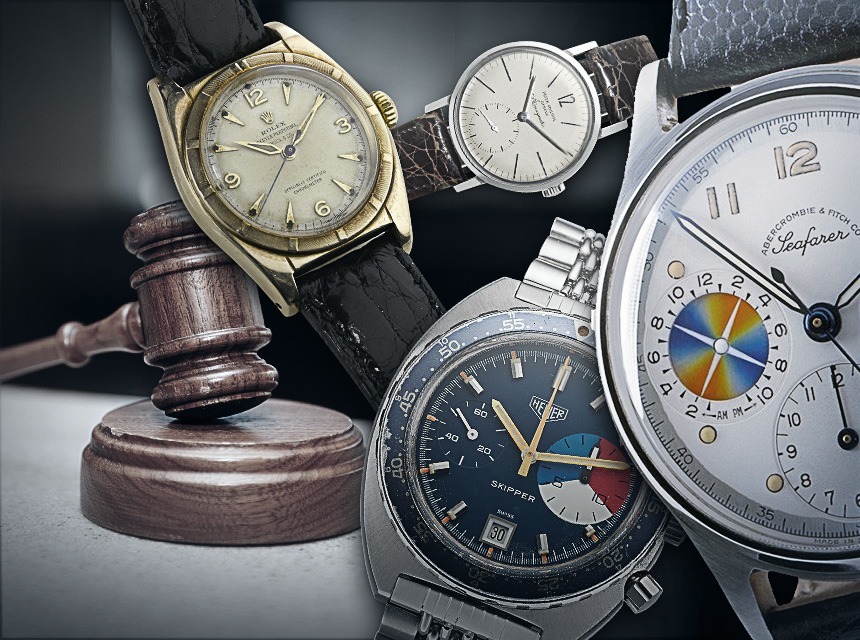
On a more practical note, innovation is key to a watch brand having a future. Today’s watch brands tend to look to their past for inspiration on what to do next. That means regurgitation, and not innovation. If no one innovates today, what will tomorrow’s generation of watch industry executives have to look back on and be inspired by? Of course, the proper course for any watch industry executive is to manage innovation and tradition, but they need to do so in a way that is unexpected – which often requires independent thought.
Independent thought leads the independent watch brands that today thrive in an unlikely micro-economy. The resurgence of boutique watch maker operations that produce highly elaborate and ambitious luxury mechanical products shouldn’t really be able to work on paper. Their ability to consistently find clients should be too tough. But those watch brands have a proven track record of trying new things rather than following, and that is a quality that has captured the hearts and attention of serious watch collectors.
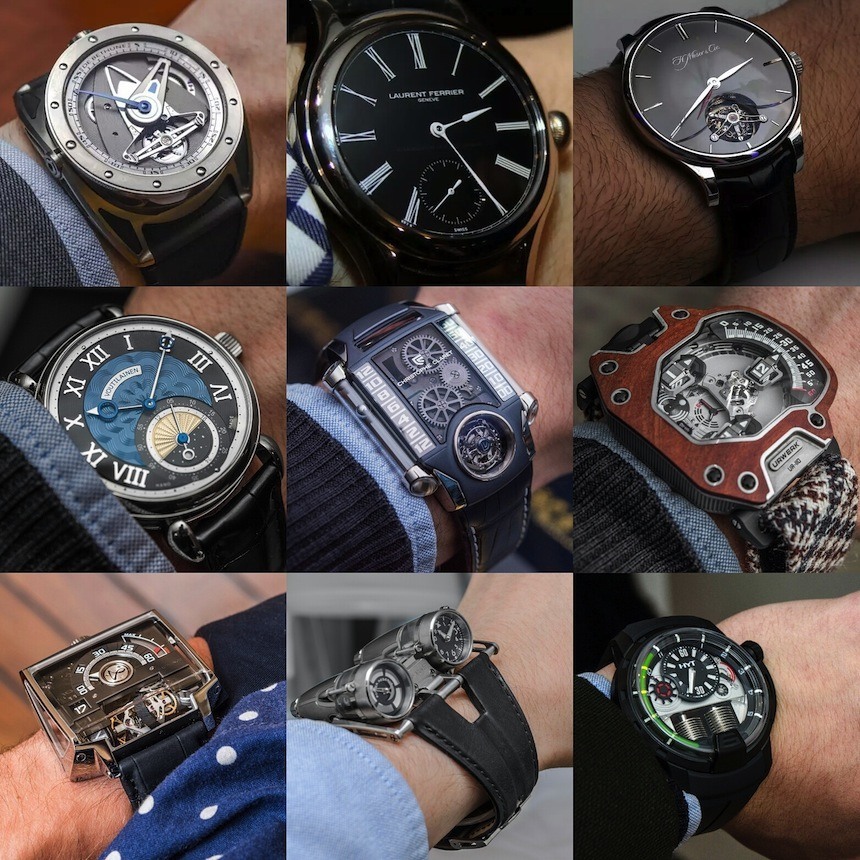
By not following existing trends, thought leaders are able to thrive in the typically conservative place that the watch industry is known to be. This is observed in the strength of the independent watch maker as well as in the rewards collectors bestow upon them such as business that might have otherwise gone to more traditional and conservative watch brands.
Effective watch industry executives of today are comfortable making independent decisions, and understand that merely following the trends set by others they will never establish the unique character their brand must have in order to have a chance at thriving.
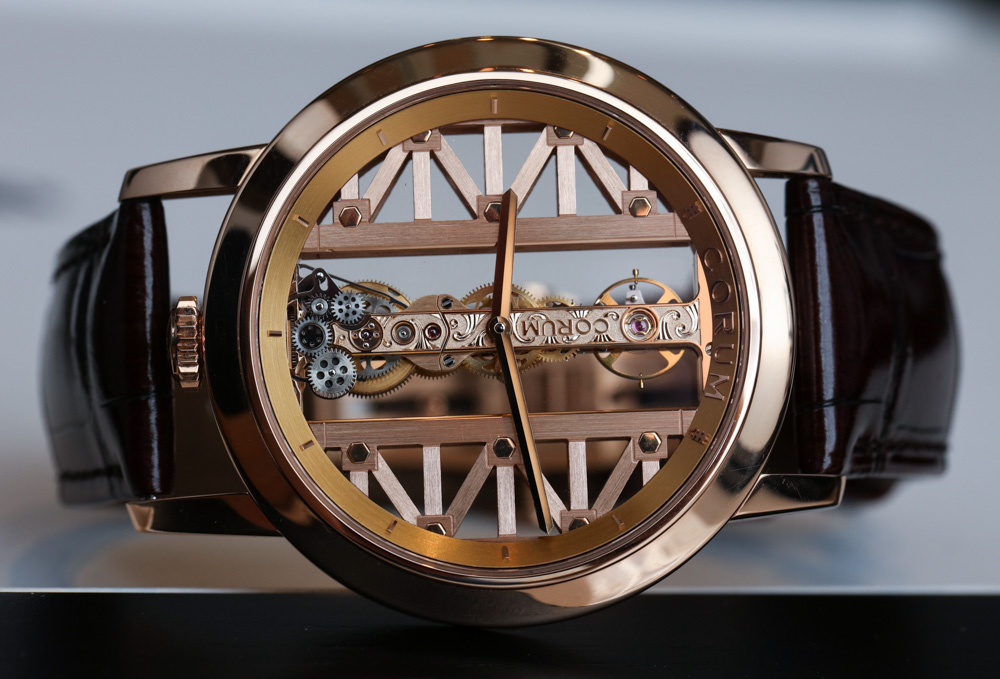
Bridge Communities Like A Diplomat
Earlier, I mentioned that a watch industry CEO must navigate through a range of stakeholders and departments in their company. The best of these CEOs not only are able to communicate with different groups of people, but also bring them together. This is especially important in the watch industry because the personalities of the people at various key parts of the brand are extremely different. For example, the issues and concerns a watchmaker has are very different from those of a sales professional. With that said, these two individuals are each asked to work for the benefit of the other, as well as be empathetic for what makes the other’s work challenging.
The various departments that exist at a serious watch maker have a relatively established history of not being able to speak well to one another. In fact, in many instances, a watch brand’s marketing department will not be in the same building, or even city as the brand’s production arm. Such separation creates distinct communities within that company, who tend to not communicate well with one another. It is the role of an effective watch industry CEO to bridge communities like these.
Another important bridge most watch industry CEOs miss is connecting the voice of the watch consumer to the ear of the company. Watch consumers are a special breed of consumer that has enormous amounts more attention, enthusiasm, information, and expectations.
Feedback from serious watch consumers and the public should be interpreted by the CEO and communicated to the various departments in the company in separate ways, specially designed to lend meaning to that department. For example, let’s say that consumers report discomfort wearing a particular product. The CEO should not report information in that precise way to everyone. A product design department should be given the message to make products more comfortable, whereas a marketing department might be well advised to emphasize the comfort of the brand’s new product. The same message communicated in the right way to various departments not only bridges divides, but diplomatically demonstrates how the company’s problems to solve are really everybody’s problems to solve.
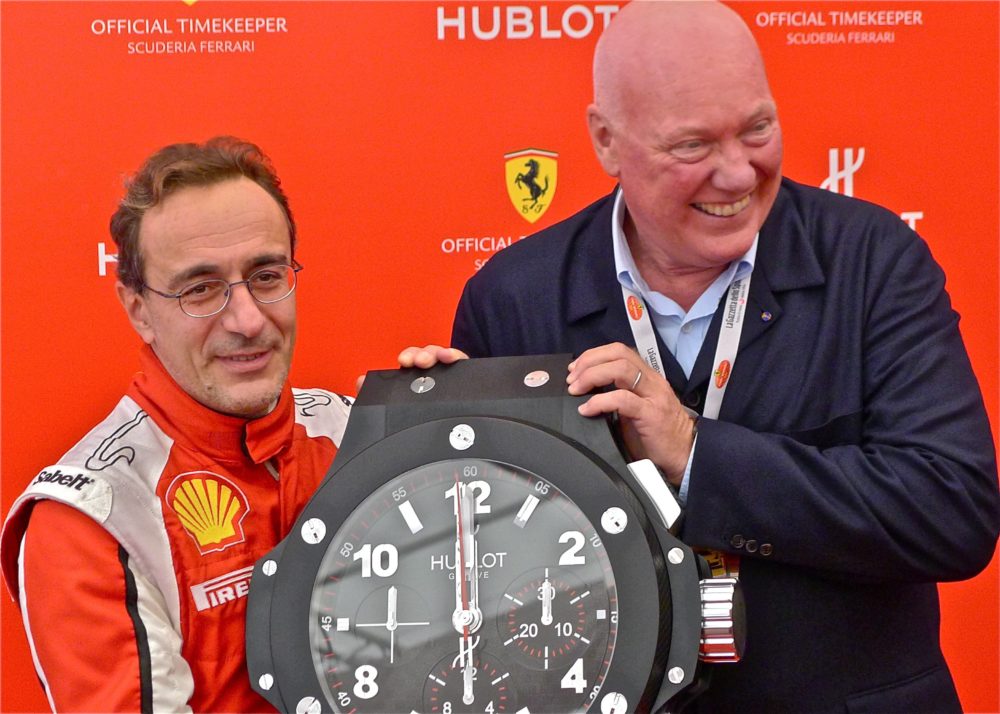
Make Everyone A Winner
It is a maxim in modern business operation that “you can’t please everyone.” This rule implies that no matter how careful you are, eggs will get broken in the formation of your omelet. However, it doesn’t mean it isn’t worth trying to make as many people happy as possible. A watch industry CEO relies on various departments to satisfy the needs of various constituents and keep them happy. It would be unreasonable to expect that a CEO is responsible for the happiness of all who deal with the company inside or out.
Nevertheless, the watch industry CEO is themselves an arm of the brand, and when they meet individual people out in the world they need to make sure everyone walks away with a positive feeling about their company. I’ve seen too many CEOs and other executives get “off duty” too quickly and start to separate themselves from their position as head of a brand. Alternatively, I’ve seen some executives take their roles so seriously, they come across as pretentious or unsocial to others. I would like each watch industry CEO and executive to consider that each time they speak to someone about their company, it is a chance to make that person appreciate what the CEO appreciates about the brand they work for.
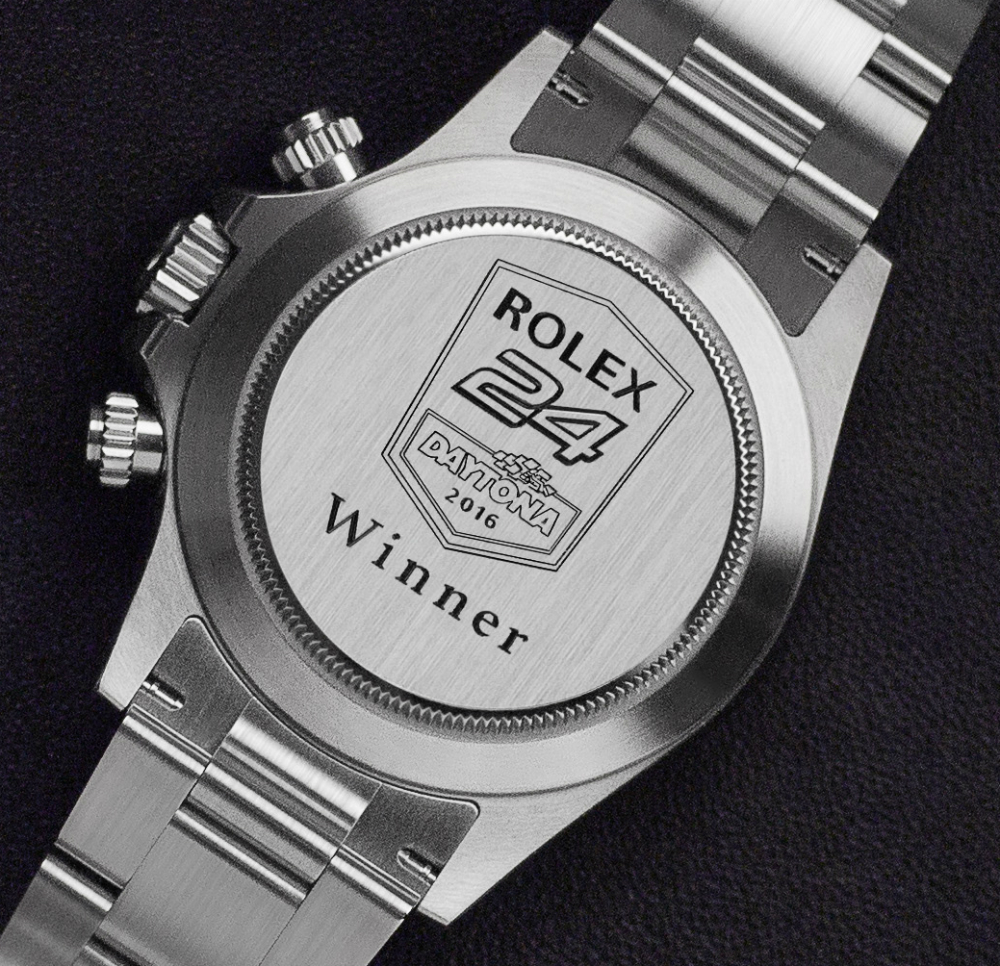
The advice here is to just treat people right – all people. Many watch industry CEOs are masters at polite discourse and smooth sounding media statements. However pleasant, most of these tactics fail to make important human connections which lead to someone feeling as though they’ve just had a personal, moving, and winning experience with the brand. CEOs can keep the charm turned up, but also need to consider the importance of having authentic human experiences with almost everyone they meet who might be aware of their role as a watch industry executive.
Thanks for reading my suggestions on how to be or become a better watch industry executive. Of course, there are many people and experiences I have to thank for allowing me to come to these conclusions. I further feel that pretty much all watch industry executives I’ve ever met would benefit in at least some ways by examining how my suggestions relate to their own work styles. Of course, this is not a guide on how to be successful in any particular watch brand executive position for each will have their own challenges and rewards. If you have additional advice you’d like to make to watch industry CEOs and other executives, please leave it in the comments below.


